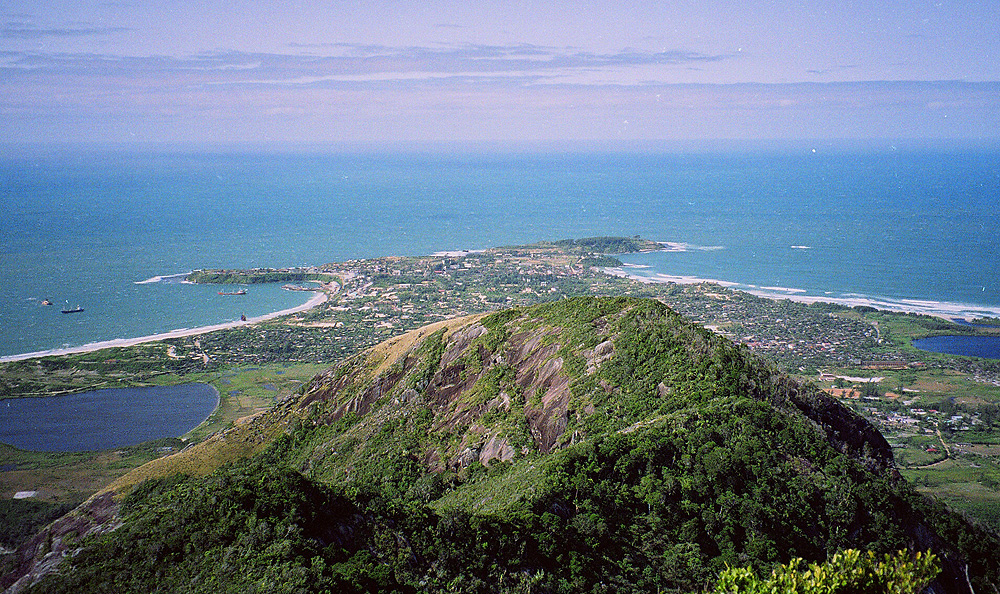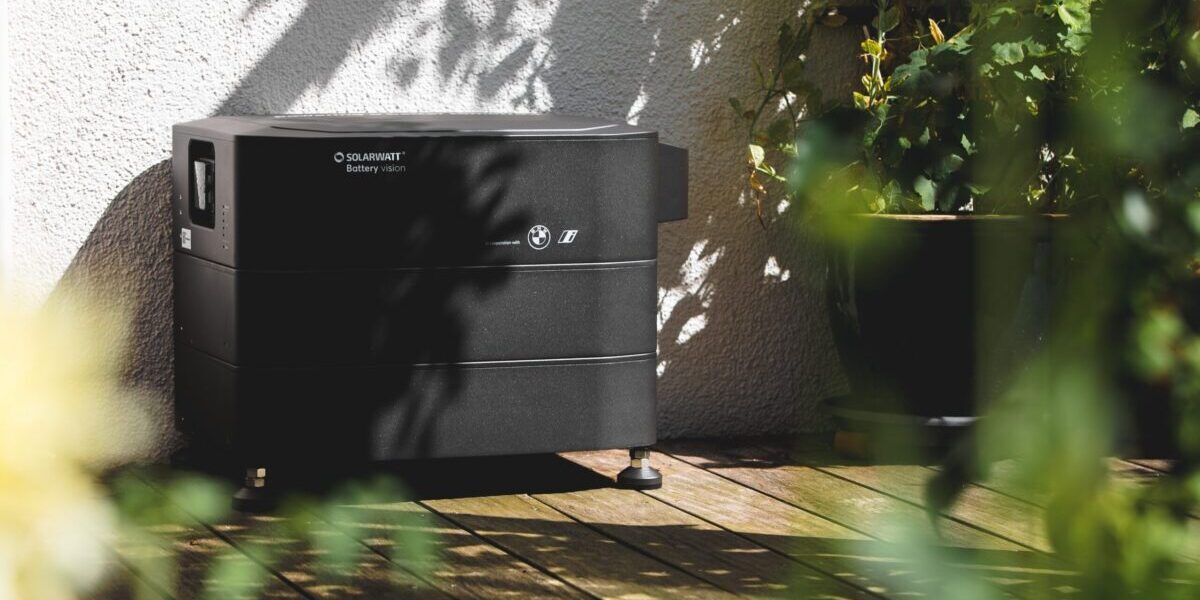Anglo-Australian mining giant Rio Tinto has agreed to buy solar power from a hybrid wind-solar plant for its QIT Madagascar Minerals (QMM) ilmenite mine in Fort Dauphin, in southern Madagascar, under a 20-year power purchase agreement (PPA). QMM is a joint venture between Rio Tinto, which owns 80% of the company, and the government of Madagascar, which controls the remaining share.
The project will consist of an 8 MW PV facility relying on 18,000 solar panels linked to a 12 MW wind farm composed of nine turbines and will be owned and operated by the independent power producer CrossBoundary Energy (CBE). The PV system is expected to begin commercial operations at the beginning of 2022 and the wind facility by the end of next year.
The hybrid plant will also be connected to a lithium-ion storage system with a capacity of up to 8.25 MW, Rio Tinto said in a statement. “It will supply all of QMM’s electricity demand during peak generation times, and up to 60 percent of the operations’ annual electricity consumption,” it further explained. “QMM will replace the majority of the power it currently supplies to the town of Fort Dauphin and the community of around 80,000 people with renewables.”
More technical and financial details on the project were not revealed.
Rio Tinto has also used solar to power its mining operations in Australia, where it built a 6.7 MW solar array at its remote bauxite operation in Weipa, Queensland. The company also began to plan last year a $98 million solar + battery energy storage system at its Koodaideri mine in the Pilbara, Western Australia (WA).
The company is investing in solar PV and energy storage as it looks to reduce carbon emissions from its mining operations.
This content is protected by copyright and may not be reused. If you want to cooperate with us and would like to reuse some of our content, please contact: editors@pv-magazine.com.




By submitting this form you agree to pv magazine using your data for the purposes of publishing your comment.
Your personal data will only be disclosed or otherwise transmitted to third parties for the purposes of spam filtering or if this is necessary for technical maintenance of the website. Any other transfer to third parties will not take place unless this is justified on the basis of applicable data protection regulations or if pv magazine is legally obliged to do so.
You may revoke this consent at any time with effect for the future, in which case your personal data will be deleted immediately. Otherwise, your data will be deleted if pv magazine has processed your request or the purpose of data storage is fulfilled.
Further information on data privacy can be found in our Data Protection Policy.